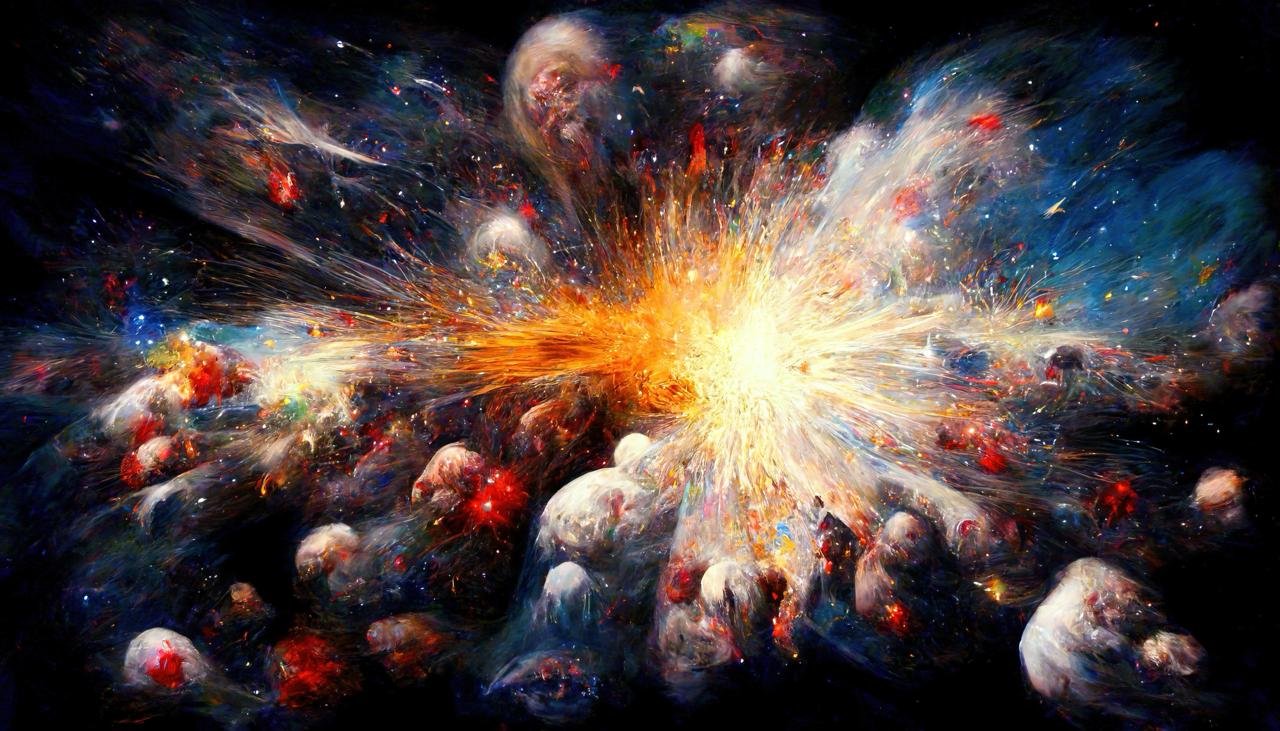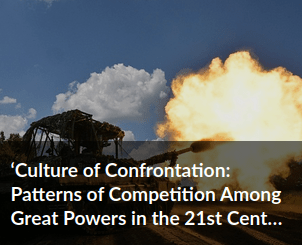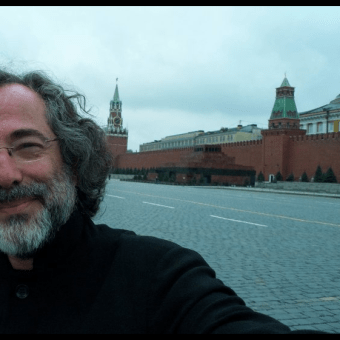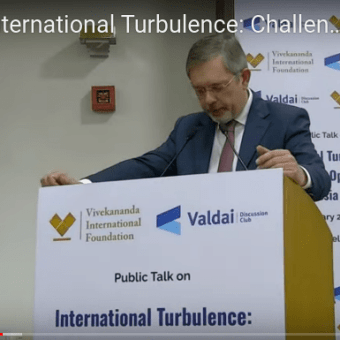Dr. Chaos or: How to Stop Worrying and Love the Disorder
Paper from the Valdai Club:
We are told incessantly that the changes unfolding today are without historical parallel – but since when, one might ask. How many years have elapsed since the world last witnessed shifts of a similar magnitude?
Could it be 40 years, taking us back to the moment when changes taking place in the Soviet Union created a pathway for ending the Cold War and the military and ideological confrontation between the two blocs? Or maybe 80 years back, when the Allies emerged victorious from the Second World War and when the UN system was conceived and established? But we can also look as far back as over a century ago when, having once ruled the world’s destinies, Good Old Europe took a suicidal turn by unleashing a global carnage and losing its centrality in international affairs after a series of confl icts.
We could dive even deeper into the past to find seemingly fitting analogies, which ultimately only demonstrate how different today is from any other point in history. Even if some circumstances may concuror appear to resonate with one another, they invariably differ as to their consequences. If the historical processes are any guide, their non-linear nature appears as the key takeaway. What seemed cutting-edge and perennial one day has become a thing of the past these days, while matters long viewed as hopelessly outdated are now relevant like never before. Getting to grips with these changes and adapting to them takes time and is not for everyone.
The modern world is proving surprisingly resilient to the challenges generated by the very engines of its development. This sustainability does not represent an attempt to cling to old relations or preserve obsolete opportunities as the Western-created international system phases out. Instead, it stems from a more fundamental shift in both the global structure and the internal development of states. These changes are not “the biggest since…” – they simply represent a new era that does not need to be compared to any other.











